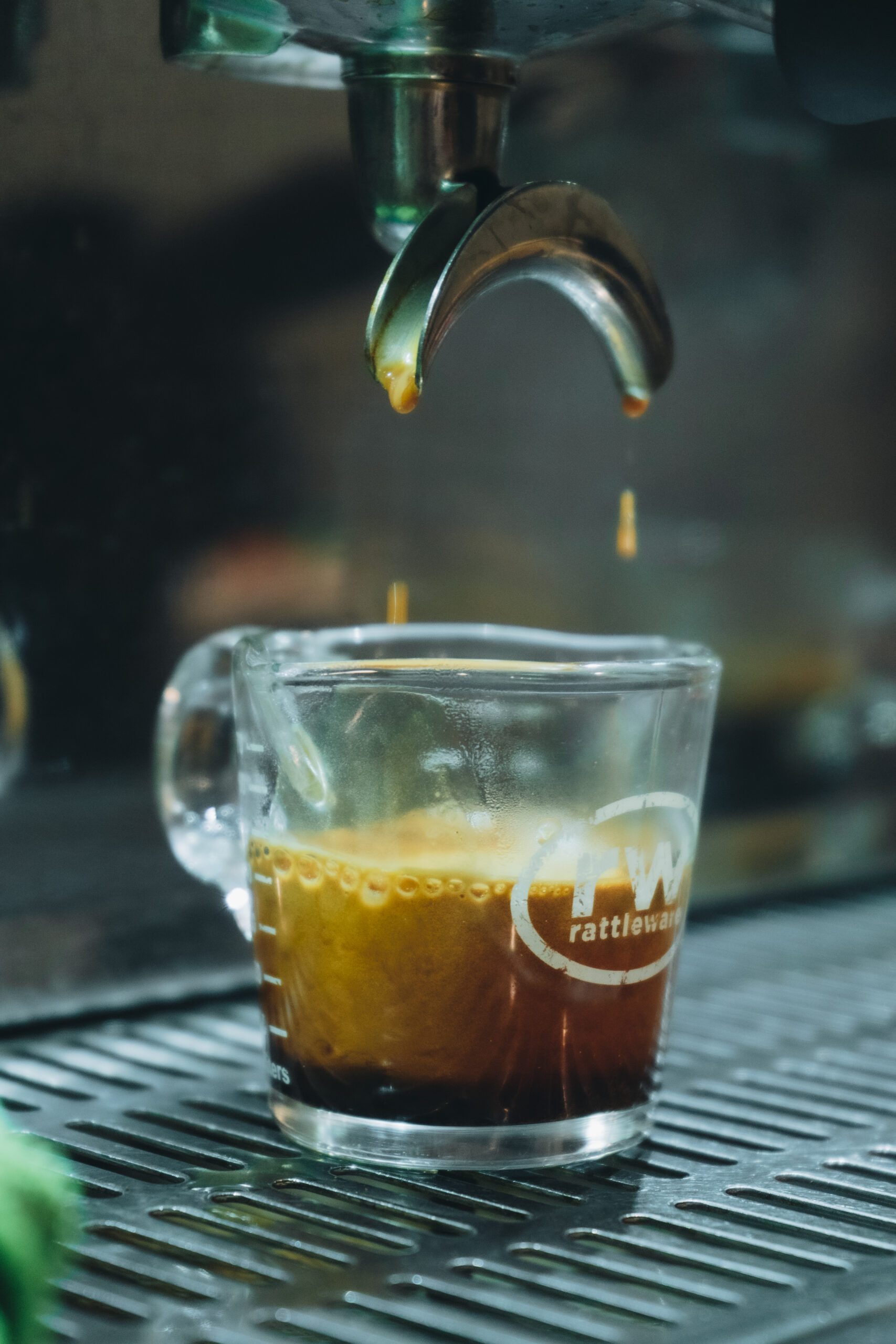5 things you need to know about locally roasted coffee
|
Published:
|Updated By:
What is locally roasted coffee? The process It is as fresh as it gets Fairtrade with farmers Damaging diseases and pets Climate change It’s a very hard job Price fluctuations Supports the local economy Friendly with the environment Deforestation and soil damage Waste Pesticides Local roasters and sustainability Come try it!

What is locally roasted coffee?


The process
It is as fresh as it gets
Fairtrade with farmers
Damaging diseases and pets
Climate change
It's a very hard job
Price fluctuations
Supports the local economy
Friendly with the environment
Deforestation and soil damage
Waste
Pesticides
Local roasters and sustainability
Come try it!
